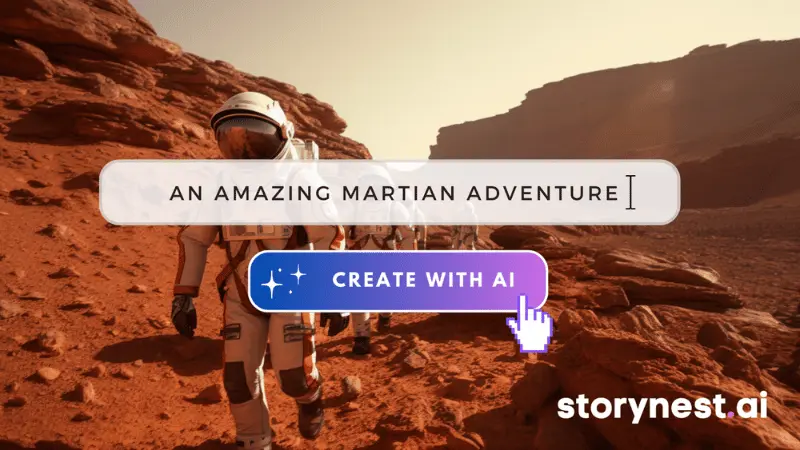Everywhere you look there is news about Artificial Intelligence. How on Earth did we get here? It’s all science fiction, right?
A brief history of AI:
The history of artificial intelligence (AI) dates back to the mid-20th century, with the earliest developments in the field coming from the work of computer scientists and mathematicians such as John McCarthy, Marvin Minsky, and Claude Shannon.
In 1956, McCarthy organized the Dartmouth Conference, which is often considered the birth of AI as a field of study. During this conference, researchers discussed topics such as machine learning, problem-solving, natural language processing, and more.
In the following years, AI research progressed rapidly, with the development of programs such as the General Problem Solver (GPS) and the Logic Theorist, both of which were capable of solving complex problems using symbolic reasoning.
In the 1960s and 1970s, however, progress in AI research slowed down due to technical limitations and funding challenges. Researchers began to focus more on narrow, specific problems, such as chess-playing programs, rather than general problem-solving capabilities.
In the 1980s, AI research saw a resurgence due to advancements in computer hardware and new techniques such as expert systems, which relied on knowledge-based inference engines. In the 1990s, machine learning and neural networks became more prominent, allowing computers to learn and improve their performance over time.
The 2000s saw a proliferation of applications of AI, such as speech recognition and image recognition software. In recent years, deep learning and reinforcement learning have been key techniques in advancing the field of AI, leading to breakthroughs in areas such as natural language processing, autonomous driving, and more.
With the release of Large Language Models such as ChatGPT, unleashed on the public by OpenAI last year, development has increased incredibly. The major difference has been the commercialization and release to the public of AI, potentially the first time most consumers have had a chance to see the capabilities of the emerging technologies. It is an exciting time!






